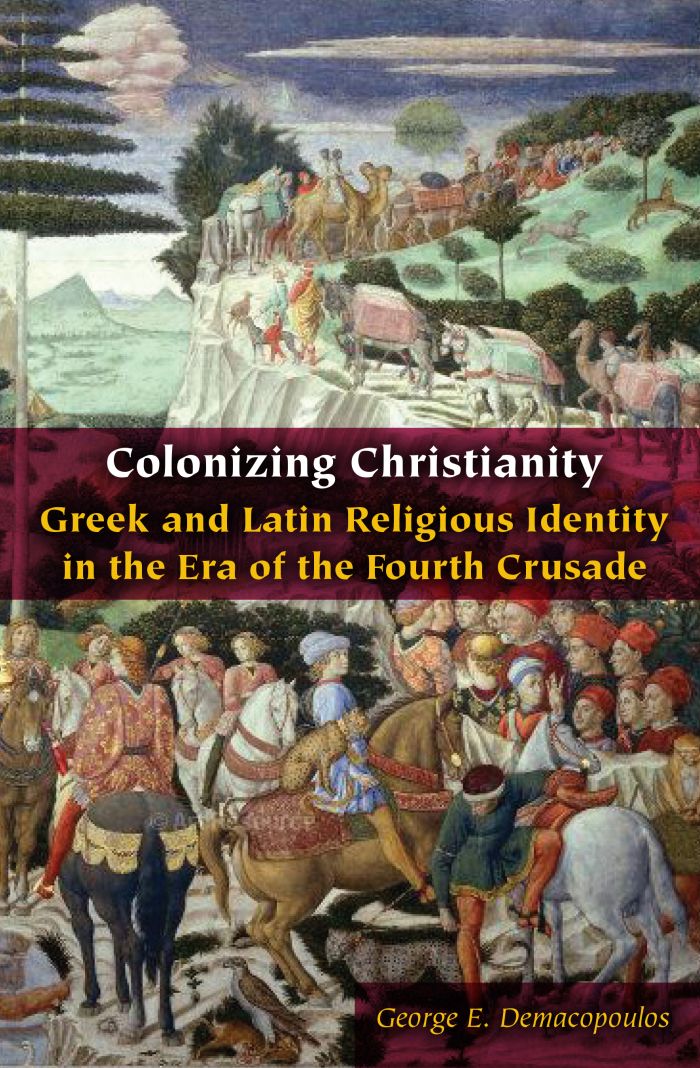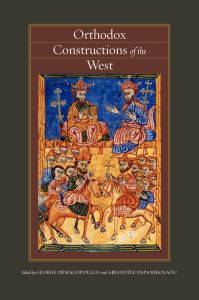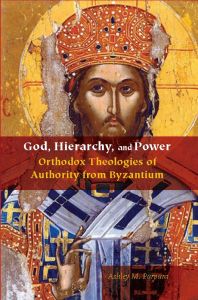Colonizing Christianity
Greek and Latin Religious Identity in the Era of the Fourth Crusade

This book can be opened with

Colonizing Christianity's analysis of a number of texts through the lens of colonial and postcolonial theory makes for useful, important, reading. There are significant stakes both for medieval historians and those committed to finding pathways of reconciliation among contemporary Christians.—David Perry, Sacred Plunder: Venice and the Aftermath of the Fourth Crusade
George Demacopoulos’s Colonizing Christianity is a truly extraordinary reevaluation of historical events in light of new theoretical approaches. It is both ground-breaking and measured, revolutionary and rooted in historical specificity. Demacopoulos knows the sources he works with and presents them eloquently. These sources carry their own historiographical baggage—so much so that one might doubt the possibility of saying anything new about them. The author manages, however, to argue convincingly for a new framework in which to understand these sources, and in so doing brings them to life in fascinating ways.—Journal of Orthodox Christian Studies
In drawing attention to the unique colonial circumstances generated by the Fourth Crusade, Demacopoulos succeeds in opening up the discourse for greater interdisciplinary investigation.—Comitatus
Introduction 1
1. Robert de Clari 13
2. Gunther of Pairis’s Hystoria Constantinopolitana 35
3. Innocent’s Ambivalence 49
4. Demetrios Chomatianos: Colonial Resistance and the Fear of Sacramental Miscegenation 73
5. George Akropolites and the Counterexample(s) 89
6. The Chronicle of Morea 103
Conclusion 123
Acknowledgments 131
Notes 133
Index 177



